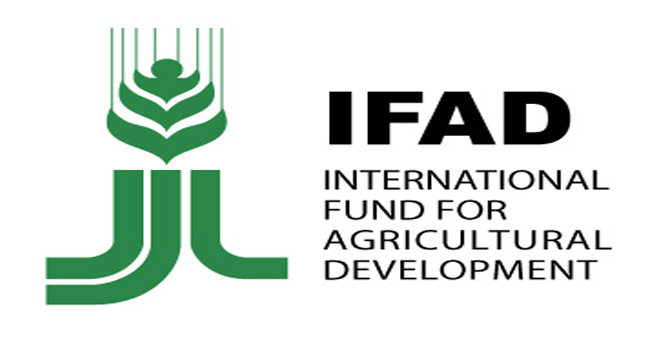By Felicia Imohimi
The International Fund for Agricultural Development (IFAD) has advised farmers to embrace insurance coverage to cushion the effect of flood and climate changes on their farms.
Dr Dede Ekoue, the Country Director, IFAD Nigeria, gave the advice in an interview with the News Agency of Nigeria (NAN) on Friday in Abuja.
“Beneficiaries of IFAD projects should adopt insurance to cushion the effects of climate change. One cannot reduce the risk to zero, hence we are talking about extending this insurance.
“You cannot stop disaster but you can prepare so that in case it hit you, you will have insurance cover and your income given back to you.
“Farmers that adopt insurance have seen the benefits. So, we continue to encourage farmers on insurance,” she said.
The organisation was reacting to the Nigerian Meteorological Agency (NiMet) prediction in its 2023 Seasonal Climate Prediction (SCP).
The NiMet Director-General, Prof. Mansur Matazu, had said: “We have peak rainfall between July and September and in such times, because of high soil moisture, we expect flash floods around cities.
“We are also expecting riverine floods in those areas that are flood-prone.”
NAN reports that Matazu, while unveiling the 2023 SCP in February, said the Onset dates for parts of Adamawa, Bauchi, Gombe, Kwara, Oyo, Ogun and Lagos States are likely to be near their long-term averages.
Ekoue said IFAD through its project Livelihood Improvement Family Enterprise in the Niger Delta (LIFE-ND) has been clamouring for climate smart agriculture.
According to her, the organisation through LIFE-ND project has scaled up training for farmers to enable them prepare for climatic event such as flood as well as drought.
She said “we appreciate the added value of LIFE-ND in terms of training the farmers and other entrepreneur on climate resilience practices”.
She lauded NiMet by releasing weather information routinely to farmers through technology.
Ekoue, who further appreciated LIFE-ND, encouraged other IFAD projects to use climate related devices solutions developed by NiMet.
She described NiMet solution as a good approach to reducing the impact of climate change, such as flooding. (NAN)




